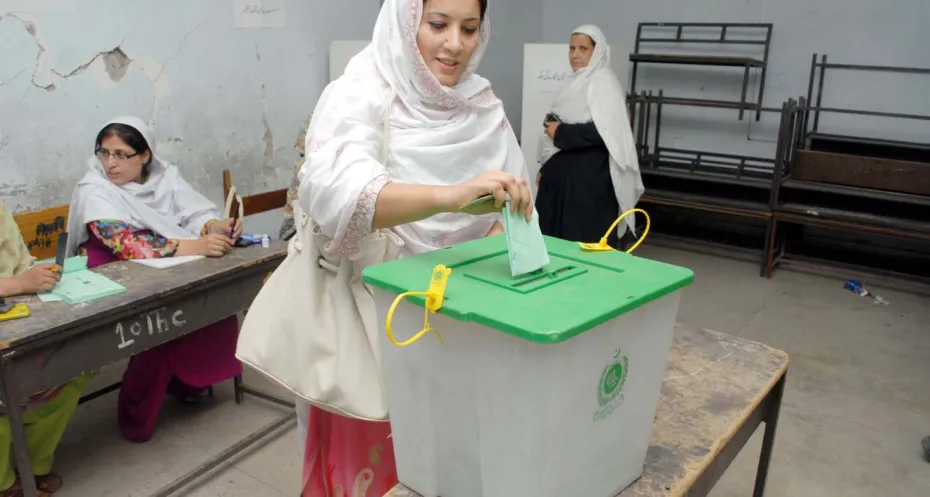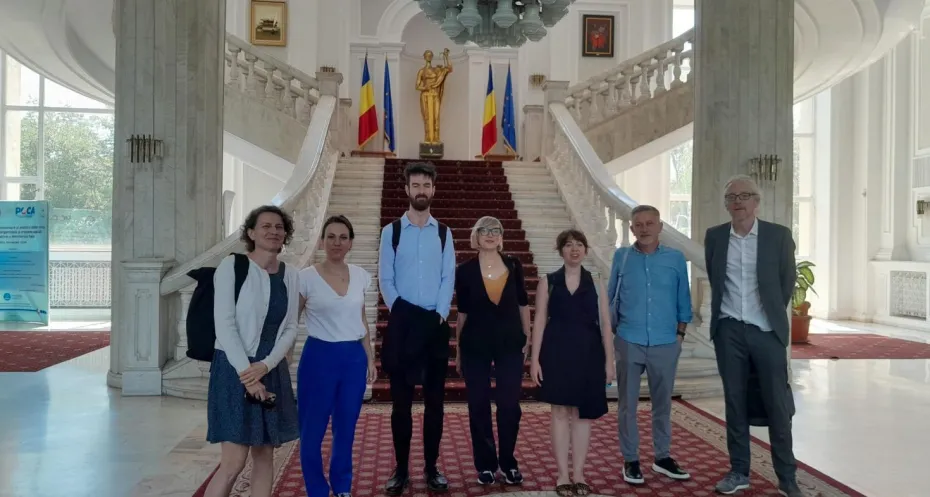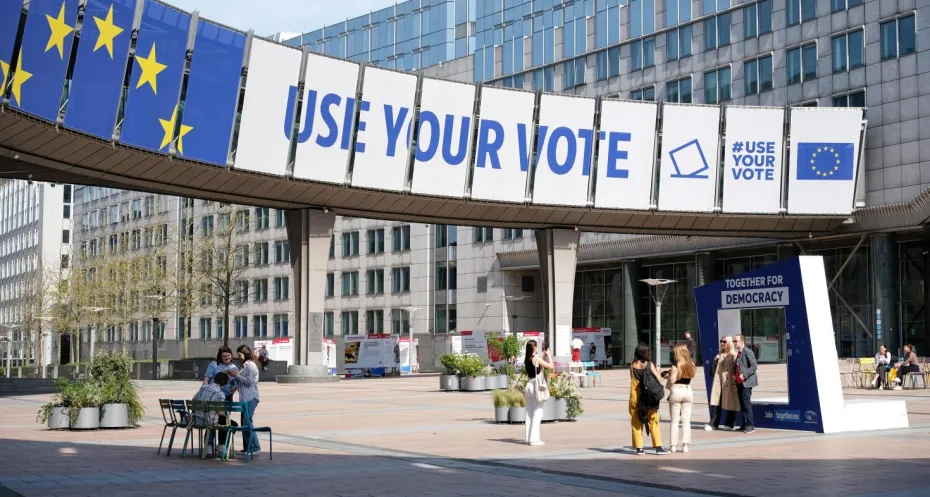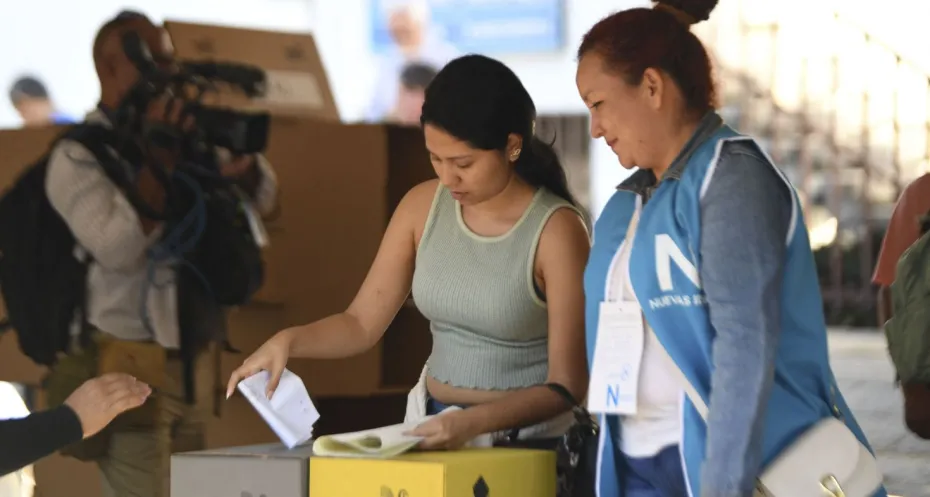Little space for free speech in the lead up to Pakistan elections

8 February is election day in Pakistan. 128 million people who registered to vote need to pick 266 representatives. Access to information during these times is vital. We get an update on the situation from Sana Ali, Director of Pakistan Press Foundation, one of our partners on the ground.
The country holds its elections in a highly polarised and tensed environment. One of the prime candidates, former prime minister Imran Khan, sits in prison and leads the opposition Pakistan Tehreek-e-Insaf (PTI) party from there. Today, 7 February, one day before the elections, two explosions near electoral candidates' offices in the southwestern province of Balochistan killed 26 people and wounded dozens.
In the lead up to the elections Pakistan is witnessing a notably subdued media covering the elections, states Sana Ali. "We see state-imposed redlines of television channels, such as the broadcasting ban on statements by former prime minister Imran Khan and other leaders of his party who are in hiding. But also physical violence and threats against journalists, a clampdown on social media and internet restrictions. This leaves little space for free speech in the run-up to the general elections."
Restricting access to information
Authorities have also restricted internet access in the Balochistan province to prevent “terrorists from exploiting social media platforms... for communication purposes", and have blocked investigative news website FactFocus on the grounds that the website was hosting content “with intent to ridicule, defame the Armed Forces.” This is directly obstructing press freedom and people’s right to information, making it harder to inform people on how and where to vote. Getting people to the voting stations is already a challenge in the wide spread country. Throughout the country 90,582 voting stations are set up.
"We have documented numerous alarming violations against the media in the election period and we continue to urge authorities and political parties to ensure the safety of journalists."
There is a pressing need to empower journalists for election coverage while ensuring their safety. Sana Ali: "The Pakistan Press Foundation has been training journalists nationwide to produce investigative stories covering elections and the inclusion of vulnerable communities in the electoral process. We have documented numerous alarming violations against the media in the election period and we continue to urge authorities and political parties to ensure the safety of journalists rather than becoming the source of violence against them."
Free Press Unlimited has been working with a range of partners like the Pakistan Press Foundation in Pakistan since 2011, and will continue to do so to keep ensuring access to reliable information. Among other things we work on investigative journalism, digital security and improving access to information in rural areas. With our emergency fund we provide support to journalists who are under attack.



